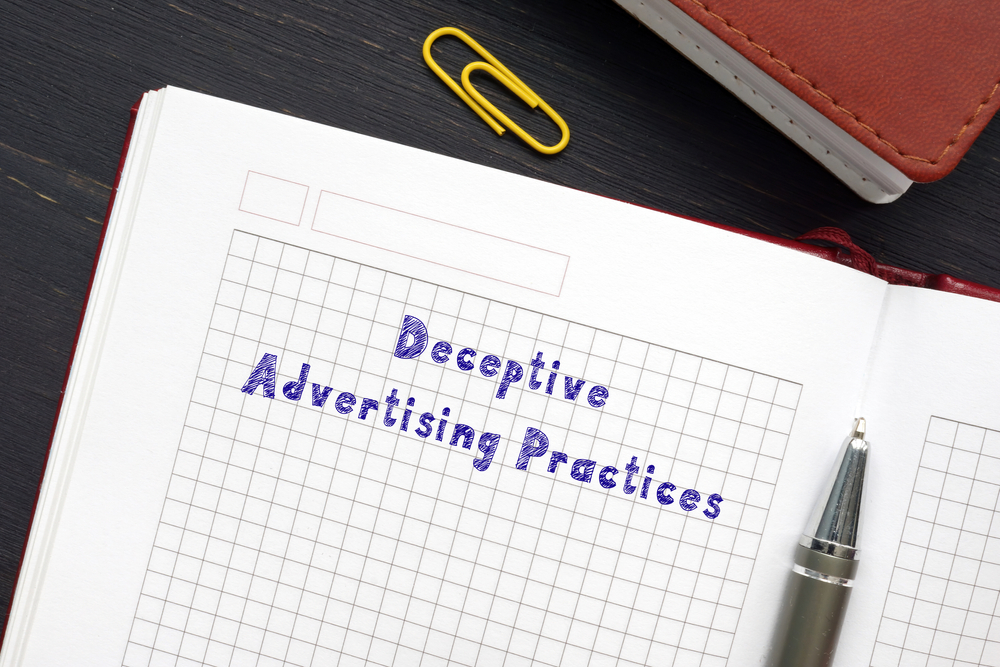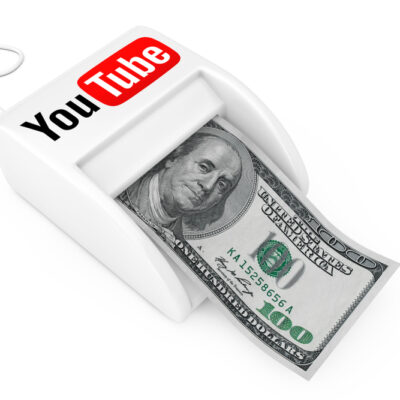Introduction
Businesses are always trying to get their business growing in the market. They might give special discounts, try to offer incentives and so on. However, it is almost impossible for a business to remain honest in such circumstances. You’ll see unethical practices at work everywhere when it comes to the sales office and marketing departments. So that’s why I want to talk about it in this article.
Let’s explore some unethical business practices and real-life examples where these practices took place.
Creating Monopolies
A monopoly is a market with only one seller, whereas a duopoly has two sellers and a monopsony has one buyer. A cartel is a group of firms that collude to control the price of their goods or services, but unlike a monopoly where there is no competition, cartels are subject to competition from other sellers outside of the cartel.
Indifference to the Public Good
The public good is a term that describes something that benefits the greater population and tends to be of interest to all citizens. This can refer to anything from improving the environment, providing better health care, or preserving our natural resources. While companies are typically more concerned with generating profits for their shareholders, they have an obligation to consider how their actions will affect society as a whole.
In today’s business world there are many examples of companies who have failed miserably at doing this. For example:
Ignoring the Law
Ignoring the Law
- Breaking the law is unethical. The law exists to protect the public, and to ensure that businesses operate in an ethical manner. When a company ignores laws designed to protect consumers, it can have far-reaching consequences for society as a whole. For example:
- McDonald’s has been sued by several customers over its practice of using beef flavoring in its french fries despite claiming they were made from real potatoes. The problem is that the “beef flavoring” included hydrolyzed wheat protein, which is not declared on the ingredients list or on their website. This led some people who were allergic or intolerant of gluten into developing severe reactions after eating at McDonald’s restaurants and going home with indigestion or diarrhea (or both).
Deceitful Advertising

Advertising is used to influence people. It’s a powerful tool that enables advertisers to sell their products or services to consumers. In many cases, advertising misleads consumers into believing that the product advertised has certain benefits when in fact it does not. Deceitful advertising can be found in all aspects of life and is not limited to the marketing industry alone; however, it is most prevalent among companies selling products and services with little or no competition because these types of ventures have an easier time convincing customers that their product will work as promised (or better).
Environmental Racism
Environmental racism refers to the practice of dumping toxic waste in poor areas. During the early 20th century, many African Americans were forced to move into areas that were right next door to toxic waste dumps. In fact, there are still communities today where people live next to landfills and other types of industrial waste sites.
One example is Camden, New Jersey. In 1970s and 1980s, residents of Camden rarely had running water or heat in their homes because they couldn’t afford it—and when they did have access to utilities and services like these, they were often shut off due to past-due bills (which weren’t always their fault). Residents who couldn’t pay their bills sometimes resorted to stealing electricity from nearby power lines; this caused fires with regularity throughout the city since many houses didn’t have smoke detectors installed on them either!
In addition to having no access to basic services like clean drinking water or heating fuel during cold weather months (when temperatures could drop below freezing!), there was also no way these families could afford another expense: buying new vehicles every few years just so they could get around town safely without risking becoming involved in an accident due at least partially due lack visibility when trying driving through snow-covered streets after dark…and most importantly avoid being struck by oncoming traffic while trying passing through intersections along busy roads during rush hour traffic jams.”
Disrespecting Human Rights
Human rights are the basic rights and freedoms that belong to all human beings. They are considered inalienable and cannot be taken away by any person, group or government. Human rights are universal, applying equally to everyone without exception. The United Nations Universal Declaration of Human Rights lists 30 articles outlining them. Most of these articles reflect general principles and tend not to apply specifically to business practices’ violations, but there are exceptions:
- Article 5: No one shall be subjected to torture or cruel, inhuman or degrading treatment or punishment;
- Article 8: Everyone has the right to an effective remedy by the competent national tribunals for acts violating human rights recognized by the constitutions or laws of countries;
- Article 10: All persons deprived of their liberty shall be treated with humanity and with respect for the inherent dignity of the human person;
Deceptive Pricing
Deceptive pricing refers to a business practice that uses false or misleading information to create the impression that an item is less expensive than it actually is. The goal of deceptive pricing is to trick consumers into believing they are receiving a better deal than they are actually getting.
Deceptive pricing practices can take many forms, including:
- Placing an item at an artificially low price in order to lure customers into the store and then charging more for it once there (also called bait and switch).
- Charging more for items based on how they are packaged or presented (e.g., charging $9 per bottle of water instead of $10).
- Charging different prices depending on who buys it, such as higher prices for senior citizens or discounts only available if you present proof that you have insurance coverage through your employer’s health plan.
Unethical busines practices can be devastating to the public.
Unethical busines practices can be devastating to the public.
- Ethical business practices are in place to protect the environment and prevent any potential damage that unethical actions may cause.
- Unethical business practices hurt the economy by causing money to be taken out of circulation, which in turn affects other businesses and workers in a negative manner.
Conclusion
You will face decisions every day that are based on ethics. If you find yourself in an ethical dilemma, do some research to make sure your decision is a sound one. Make sure that your customers and employees aren’t mistreated…and ask yourself this question: “What would be the right thing to do?”
If you want to keep your business ethics top-notch, read more about business ethics here.





